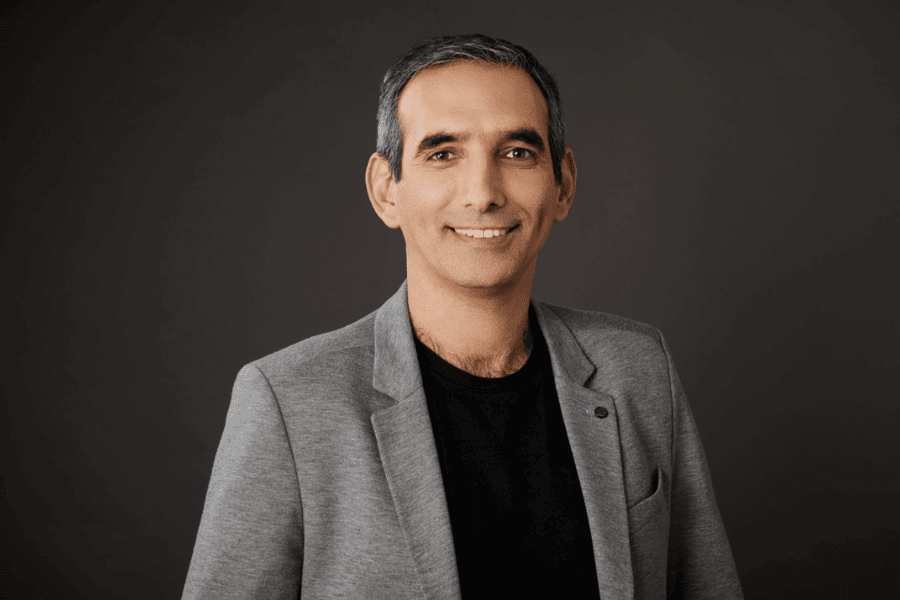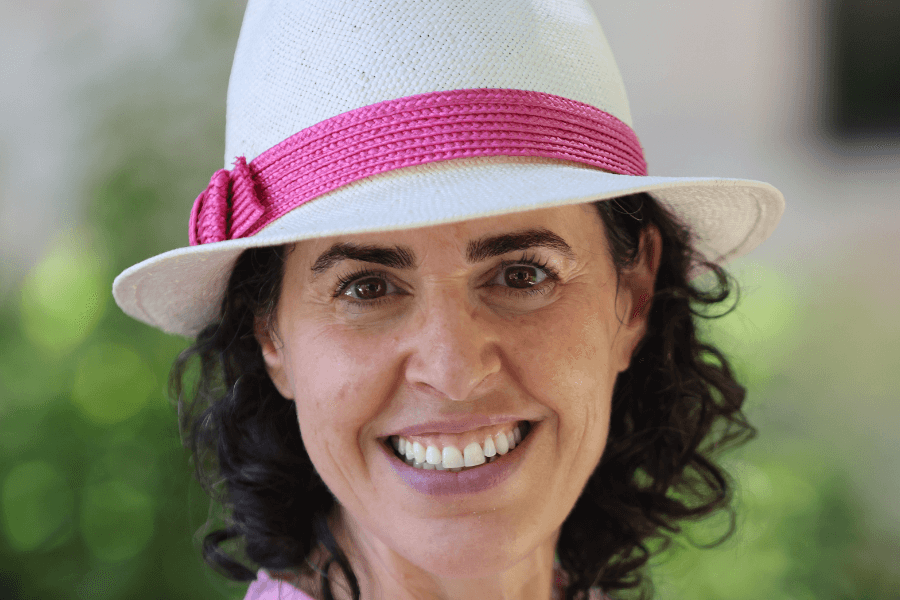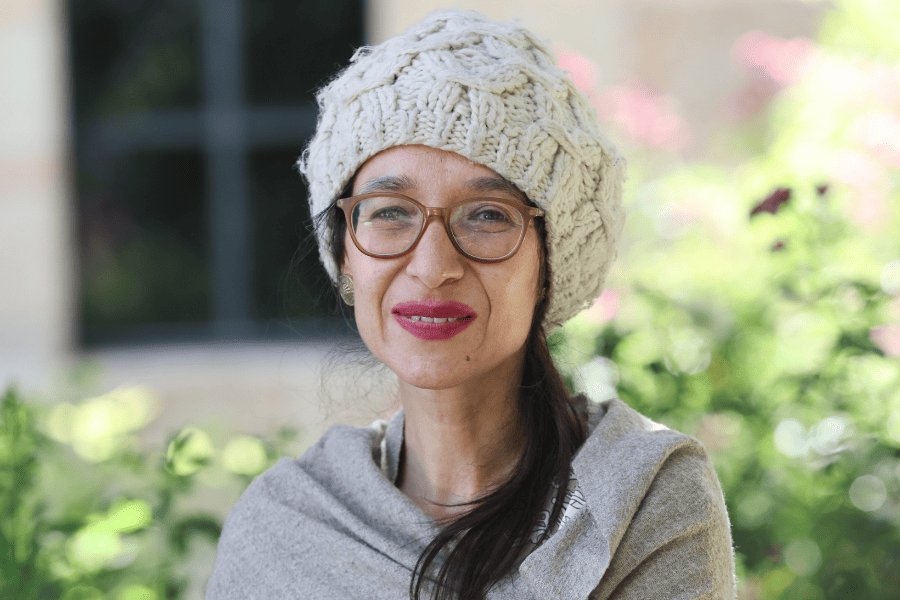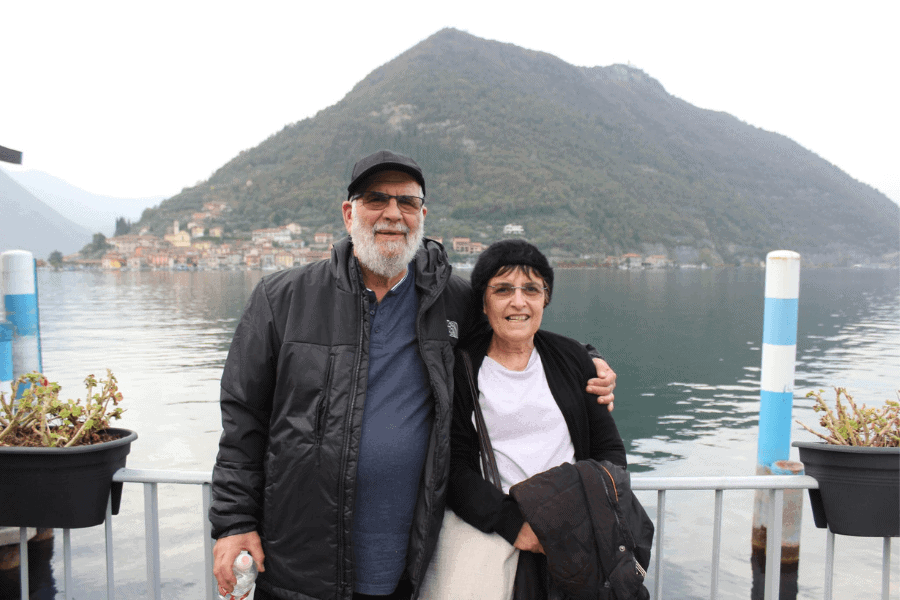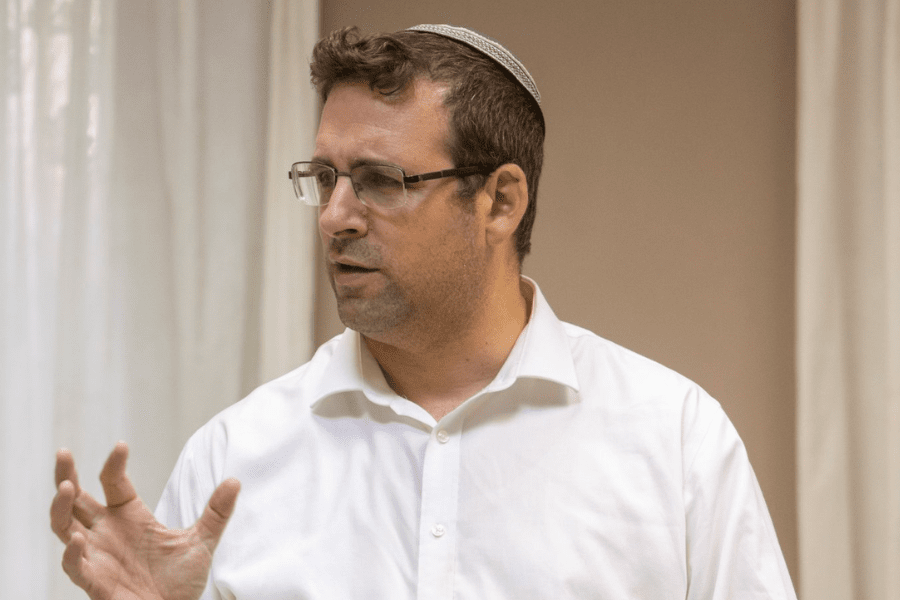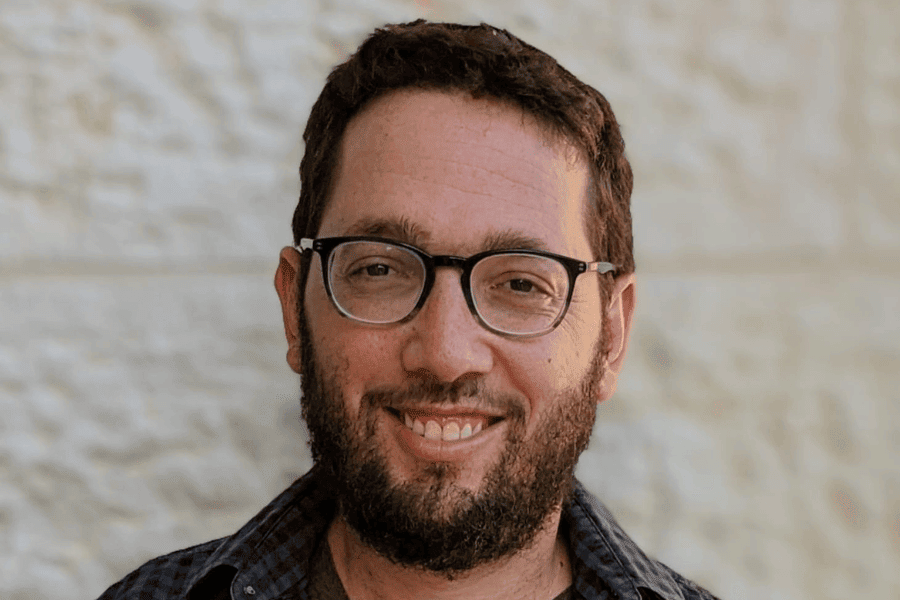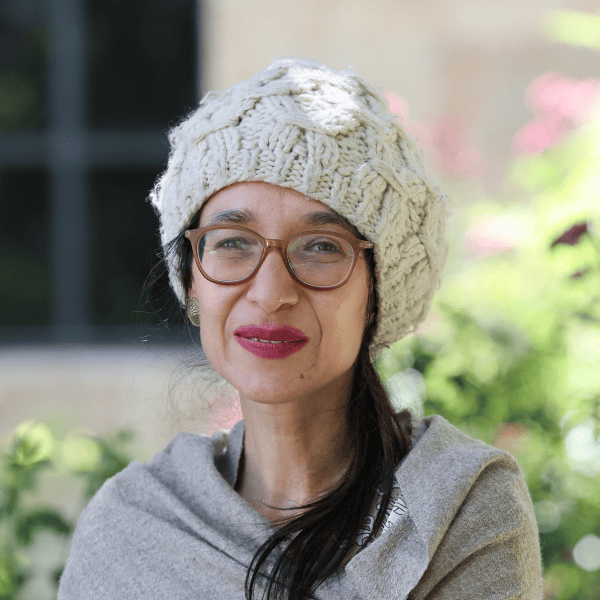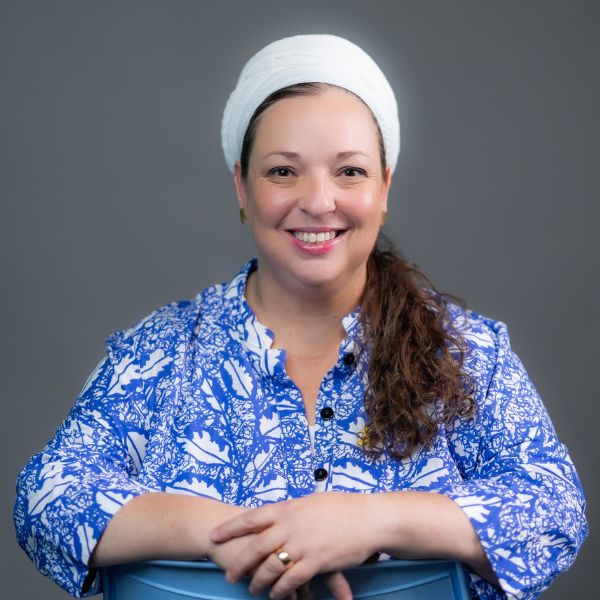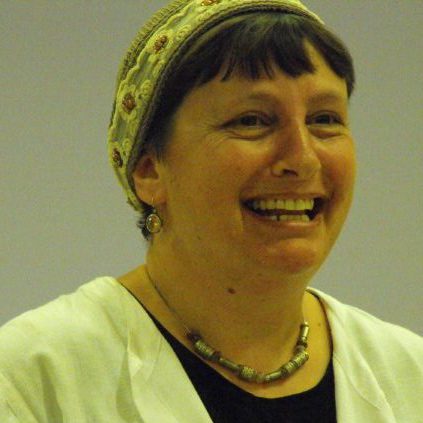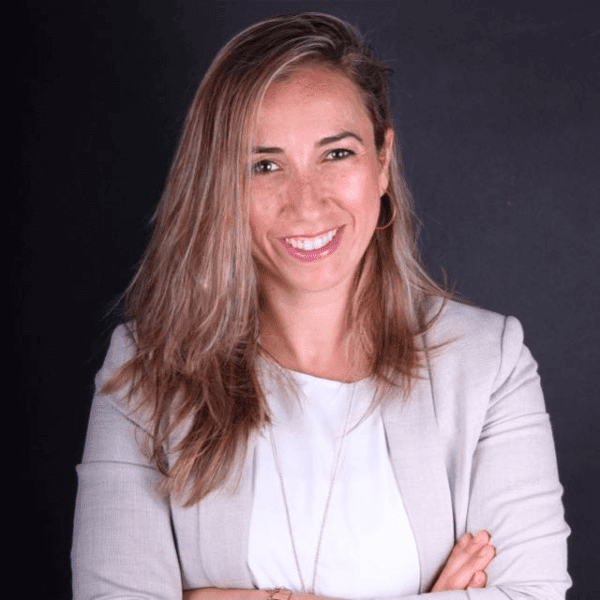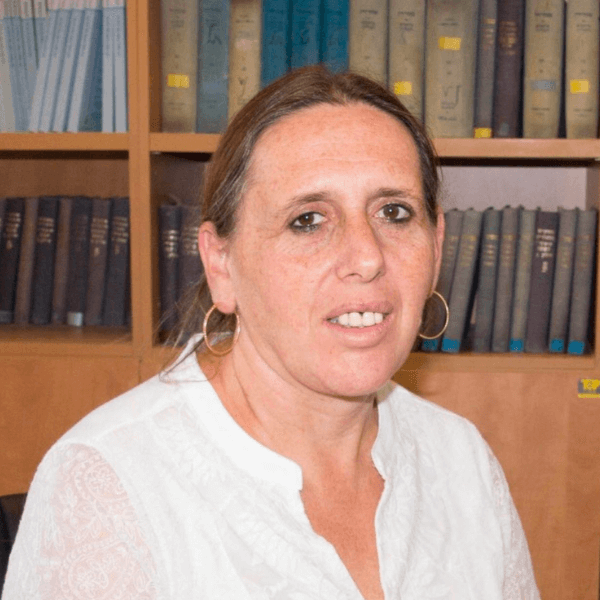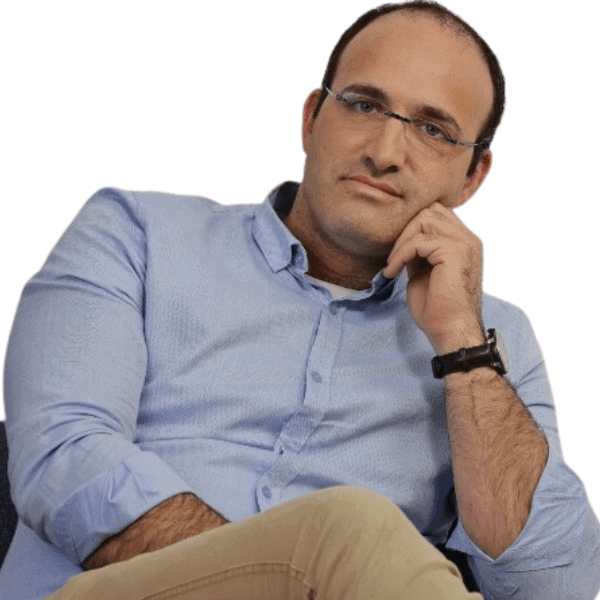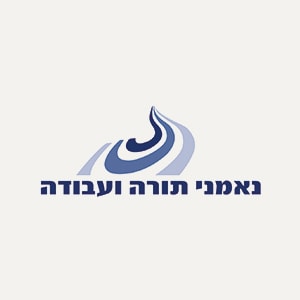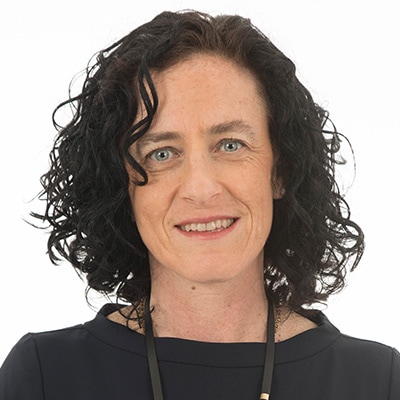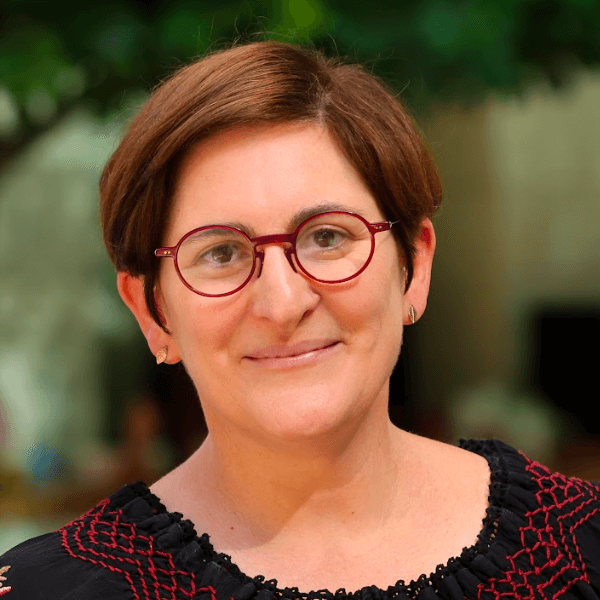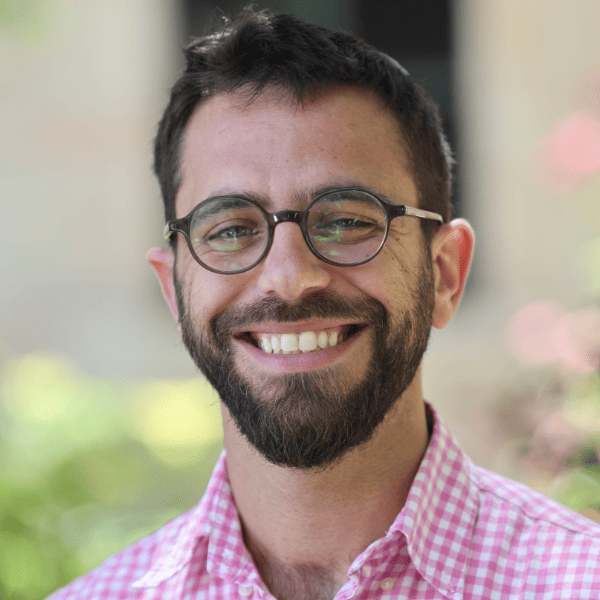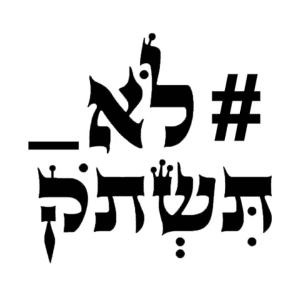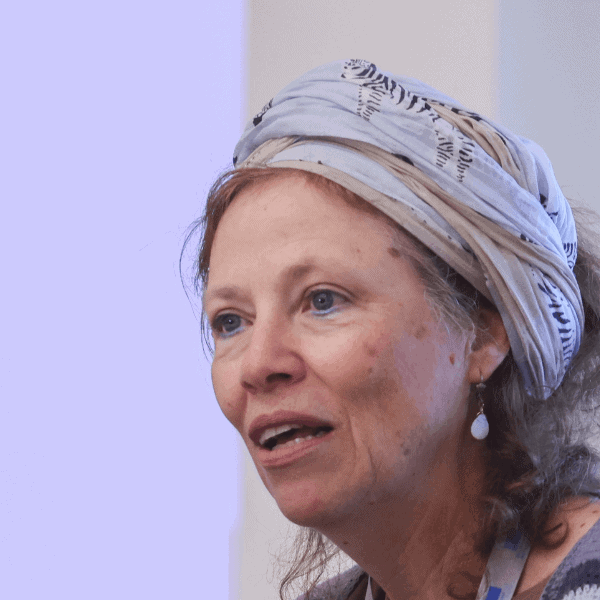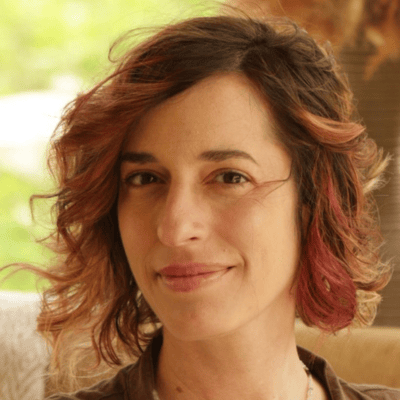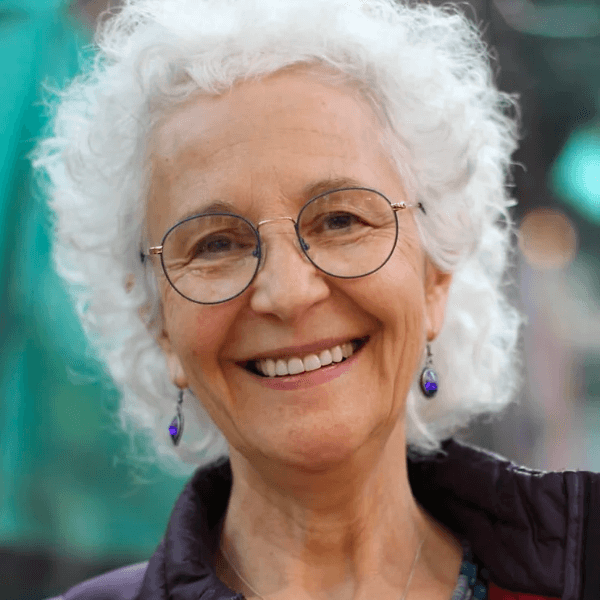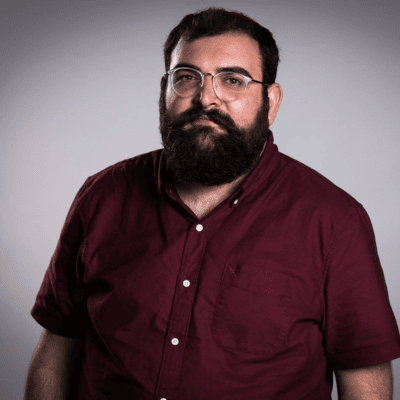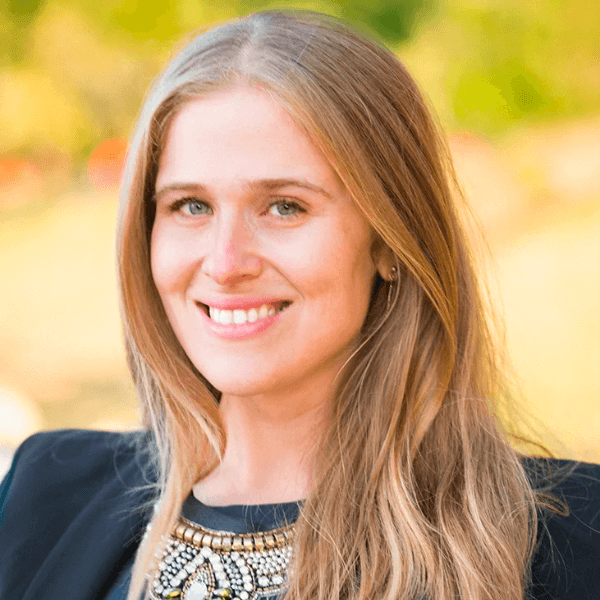Brit Emunim event: A Gathering After the Horrific Attack and the Sexual Assault of October 7th
Trigger Warning
The content here may be difficult to read and may evoke feelings of sadness and pain. You can choose to skip it or to stop reading in the middle.
Try to listen to yourself at this time.
The following texts discuss sexual assault, silence, and denial, as well as the need for speaking out.
Pay attention to the trauma even though we are still so close to it
If you are interested in learning or teaching about the sexual abuse and the suffering of Dinah – on Shabbat Parshat Vayishlach or at any other time – you are welcome to use the sources in Gluya magazine as part of the Brit Emunim project.
The sources offered here include essays, poems, prayers, source sheets, and interviews relating directly to the biblical Dinah and the traditional commentaries, as well as texts addressing awareness and commitment to prevent sexual abuse and harassment, coping with personal and communal trauma, and the search for paths of resilience, healing, and recovery.
In addition to the new texts on the website, you can also find older texts dealing with these topics.
Click on the following buttons to view the content.
*The majority of the texts in the website are in Hebrew, with some also in English*
A few weeks after the horrible attack of October 7th, we – in the Brit Emunim project – chose to gather together and give space to our pain, experience, and trauma for which there are simply no suitable words.
Brit Emunim together with the Beit Midrash for Israeli Rabbis, Gluya Center, the Zion congregation, other organizations, and the general public who were invited, we held this gathering to examine those things that are still difficult to address. In the middle of a war and while still dealing with fresh wounds, it is very difficult to look at or make any sense of these events. While the gathering was open to the general public, we assumed that it would be very intimate.
And so, on a cold Jerusalem evening, about a hundred people met to share the pain. At the gathering, we held discussions, based on professional knowledge in the field of sexual assaults, and attempted to offer ways of dealing with the information about the sexual assaults perpetrated during the attack, at a time when most of the details were still largely unknown. Throughout the evening, we sang songs and prayed, all to focus our thoughts and feelings out of respect for the suffering incurred during the October 7th massacre, mainly around the sexual abuse and assaults that took place.
We held the gathering less than 50 days after the attack and chose the date during the week that marked both the International Day for the Elimination of Violence Against Women and Shabbat Parshat Vayishlach, with its story about the sexual abuse of Dinah, Jacob and Leah’s daughter. During the event, we expressed our commitment to stand alongside 'Dinah' in the face of those crimes that must always be mentioned, especially during the week marking the struggle to eliminate violence against women.
The event was attended by:
Rabbi Tamar Elad-Appelbaum, Rabbanit Sarah Segal-Katz, Rabbanit Malka Puterkovsky, Rabbi Ilay Ofran,
Dr. Cochav Elkayam Levy, Adv. Oshrat Shoam, Sharon Brick-Deshen,
Tzviki Fleishman, Yonina Fallenberg, Alma Keness, Dr. Yael Assor,
Nerya Refael Knafo and Rabbi Shani Ben-Or
English Sources
Her silence splits the sea
Breaches the walls of the home
Stops time
Rises like steam
Rises like an echo
The ball of thunder between her legs
From one woman's belly to another
The force of her silence.
It is not your fault | Tzlil Yam
Please don't feel guilty
That your trauma
Didn't happen during war.
Your pain should also be heard.
אֵל מָלֵא רַחֲמִים
בְּעוֹלָם שֶׁלֹּא הָיוּ בּוֹ רַחֲמִים
הַמְצֵא מְנוּחָה עֲדִינָה תַּחַת כַּנְפֵי הַשְּׁכִינָה
בַּמַּעֲלוֹת הַנִּשְׁבָּרוֹת שֶׁל זֹהַר הָאָדָם
לְנִשְׁמַת כָּל מִי שֶׁנִּפְגְּעוּ
וְנִפְרְעוּ פְּרָעוֹת וְכָל זְוָעוֹת
בְּ-7 בְּאוֹקְטוֹבֶּר.
עַל הָאֵימָה
אֲשֶׁר פָּקְדָה אִישׁ וְאִשָּׁה
זְקֵנִים וּבְנֵי הַנְּעוּרִים וִילָדוֹת וִילָדִים
שֶׁאֵין פִּינוּ יוֹדֵעַ כֵּיצַד לִזְעֹק וּלְאמְרָהּ.
בַּעֲבוּר שֶׁאָנוּ מְקוֹנְנוֹת וּמְקוֹנְנִים
בַּעֲבוּרָן, בַּעֲבוּרָם, בַּעֲבוּרֵנוּ
עַל זֶה הָיָה דָּוֶה לִבֵּנוּ
עַל אֵלֶּה חָשְׁכוּ עֵינֵינוּ
אוֹי לָנוּ כִּי נִשְׁבַּרְנוּ
אוֹי כִּי בָתֵּינוּ שִׁנּוּ.
כִּי נִשְׁמוֹתֵינוּ וְגוּפֵנוּ עֻנּוּ
וּפָנֵינוּ חָשְׁכוּ
לָכֵן בַּעַל הָרַחֲמִים
יְגַלֶּה סִבְלוֹתֵינוּ לְעוֹלָמִים
וּמִסּוֹף הָעוֹלָם וְעַד סוֹפוֹ
יִשָּׁמְעוּ הַקּוֹלוֹת הַנֶּאֱלָמִים
וְיִשְׁמֹר בִּצְרוֹר הַחַיִּים נִשְׁמָתֵנוּ
הַחַיִּים הֵם נַחֲלָתֵנוּ
וְנָבוֹא בְּשָׁלוֹם לְהַחְלָמָתֵנוּ
אֵל נָא רְפָא נָא לַנִּפְגָּעוֹת וְלַנִּפְגָּעִים.
אֵל נָא רְפָא נָא לַמִּשְׁפָּחוֹת וְלַמְּטַפְּלִים.
אֵל נָא רְפָא נָא לָנוּ כֻּלָּנוּ.
וְנֹאמַר אָמֵן.
E-l Maleh Rachamim
God of Compassion,
In a universe that lacked compassion
Grant tender rest
Beneath the wings of the Shekhinah.
In the broken spheres of human radiance
To the souls of each and every of the injured
And the violated in the horrors
of the pogrom Of October 7.
For the fear
That fell upon each man and woman,
elders, youth, and children;
Our mouths do not know how to scream
Or put it into words.
For we lament and mourn
For them, for us,
Because of this our hearts are faint
because of these our eyes grow dim
Woe to us, for we are broken
Woe, for our homes were shattered
Our souls and bodies tormented
And our faces darkened.
Therefore, Compassionate One
Reveal our torment to the world and for all time
And from one end of the earth to the other
May the silenced voices utter:
Guard our souls in the Land of Life
For life is our heritage
May we come in peace to healing
Please God, heal all the injured.
Please God, heal the families and caretakers.
Please God, hear and heal us all.
And let us say, Amen.
Translation: Levi Morrow and Rabbi Barry Dov Katz
The Hebrew prayer: ׳אל מלא רחמים׳ – בעולם שלא היו בו רחמים
Here is a guide for listening to sexual assaults,
as well as to Dinah from the Bible and to the events of this time
<< The training is in English
Watch the gathering event
<h2
.YOU HAVE ME
.I HAVE YOU
.WE HAVE EACH OTHER
A Guide in Hebrew
with Rabbi Tamar Elad-Appelbaum, Rabbanit Sarah Segal-Katz and Tzviki Fleishman
Dr. Cochav Elkayam Levy
Rabbi Ilay Ofran
More Hebrew Sources
על קהילה וחוסן בזמן הזה
אפשר גם לקרוא בעת הזו ראיונות אישיים על התמודדות קהילתית עם המשבר והכמיהה להחלמה. במגזין גלויה נמצאים תכנים שהתפרסמו מתוך ההווה ותכנים וותיקים יותר שעשויים לסייע ולתרום לחיי יחידים ולקהילה עתה.
ראיונות ותיקים נוספים על חיי קהילה
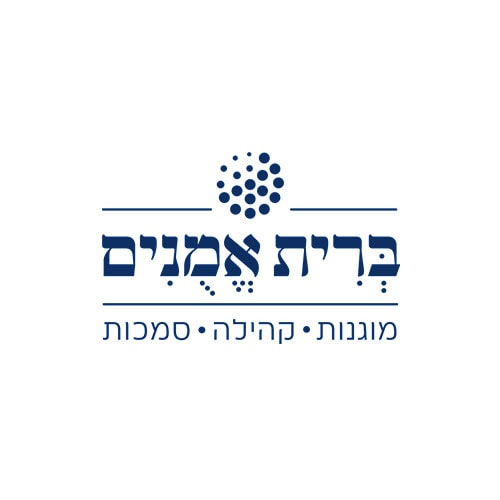
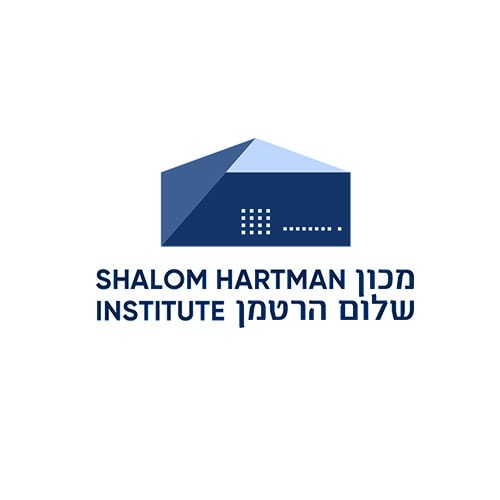
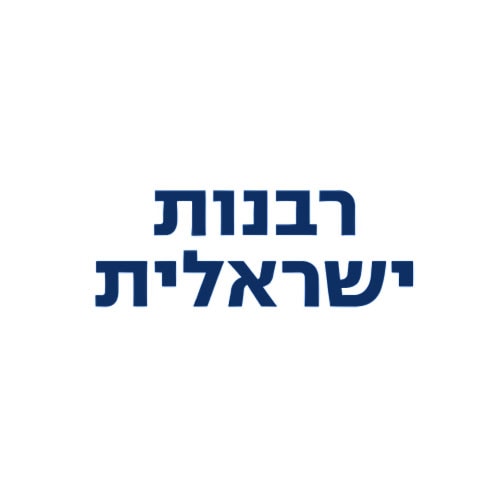
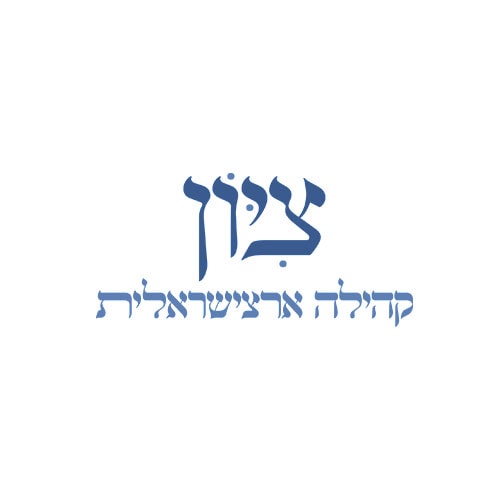
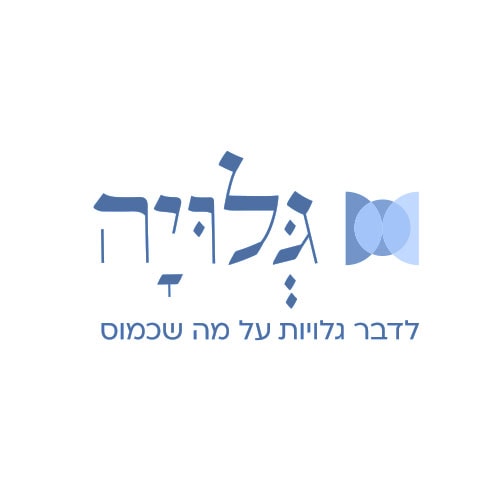
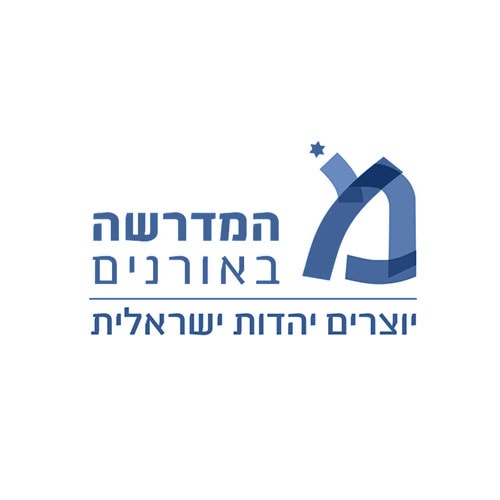
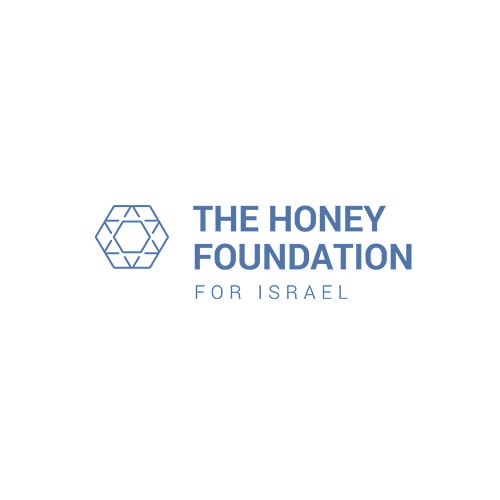
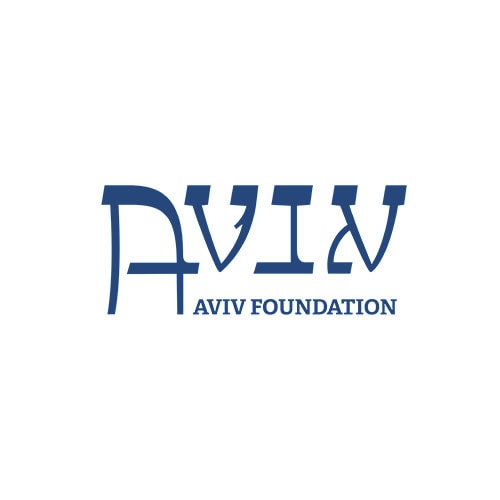
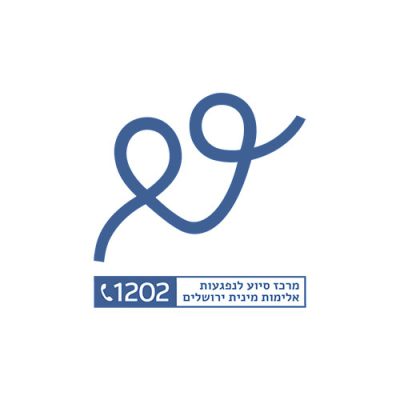
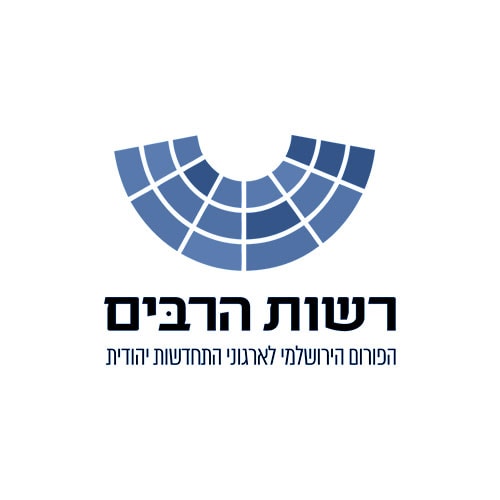
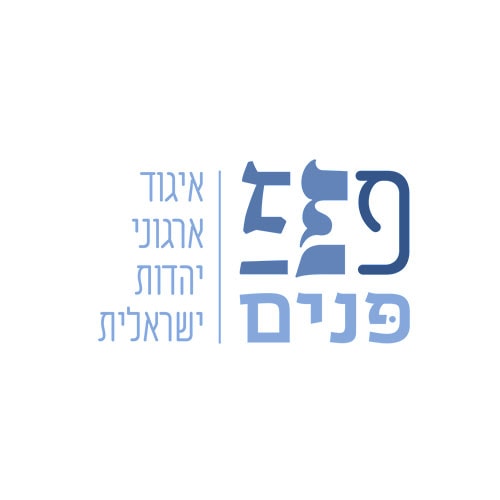
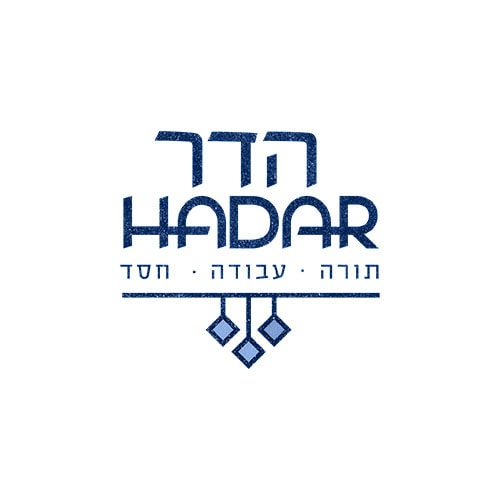
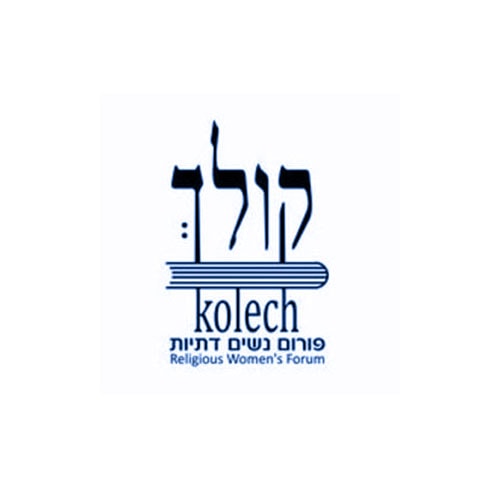
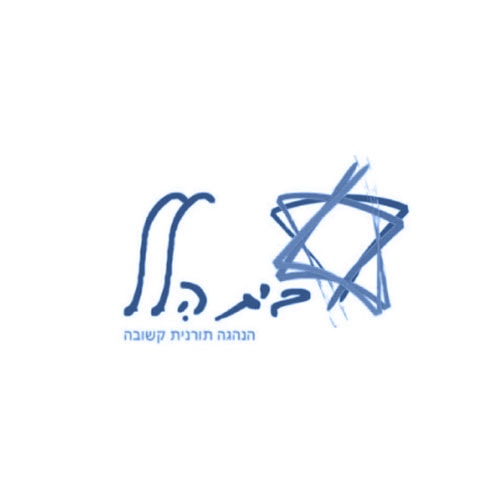
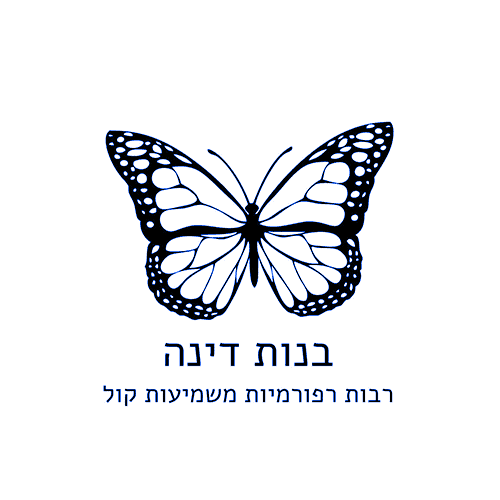
:Speakers
הרבה תמר אלעד-אפלבום
Rabbi Tamar Elad Applebaum
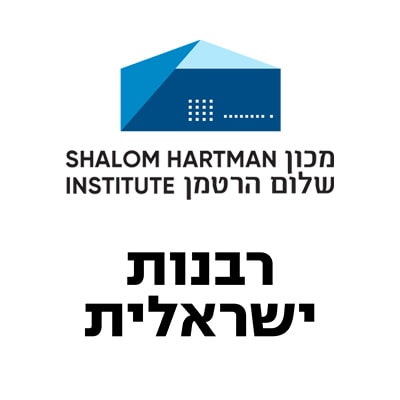
אשת ההלכה מלכה פיוטרקובסקי
Rabbanit Malka Puterkovsky
ד״ר כוכב אלקיים-לוי
Dr Cochav Elkayam Levi
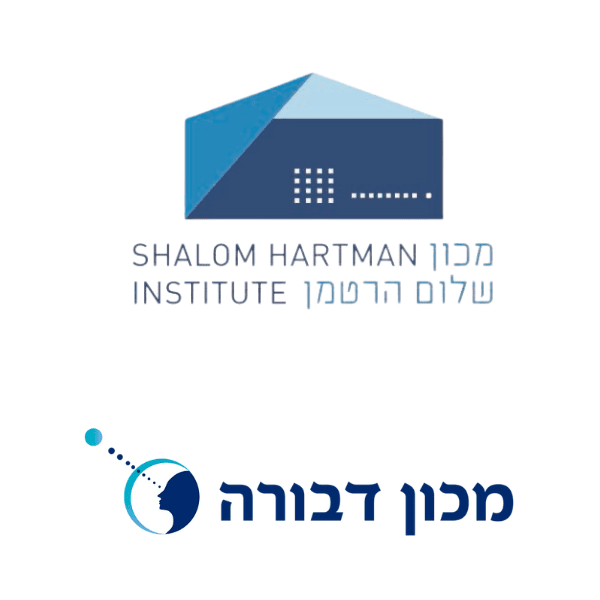
עו״ד אשרת שוהם
שרון בריק-דרשן
Sharon Brick-Deshen
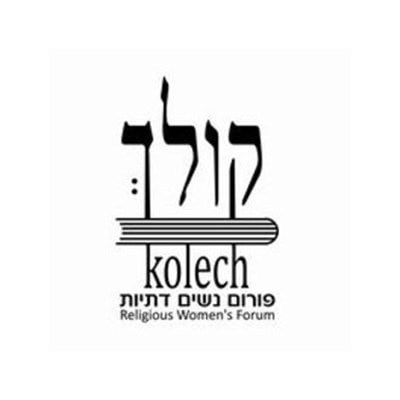
ר' ד״ר אביטל הוכשטיין
Rabbi Dr. Avital Hochstein
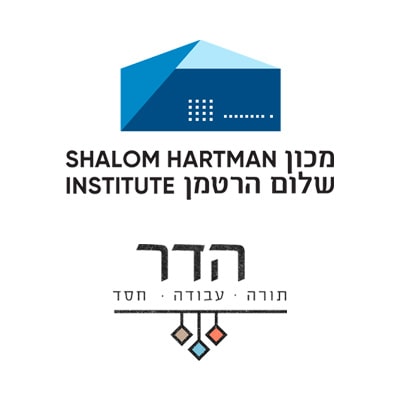
עלמה כנס
Alma Kenes
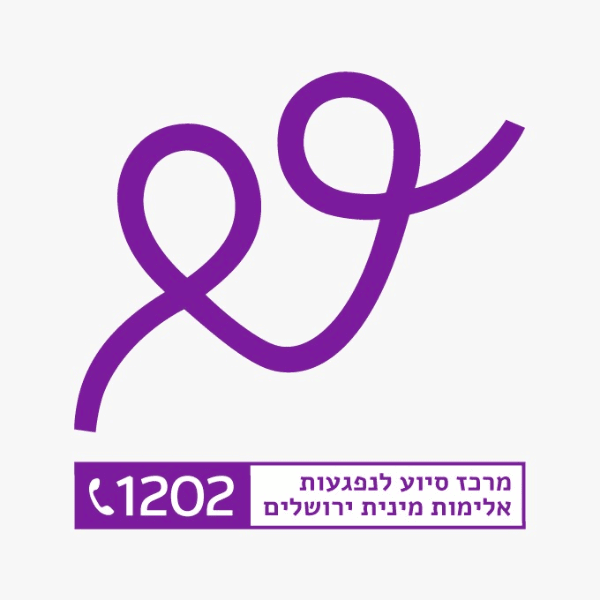
ד״ר יעל עשור
Dr. Yael Assor
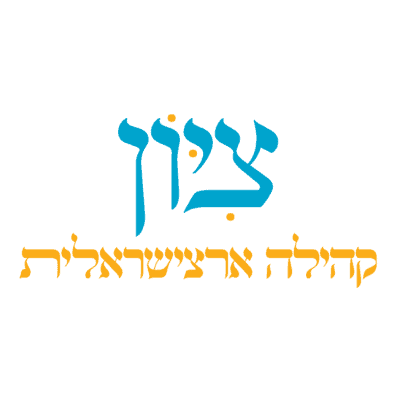
נריה רפאל כנפו
Neria Raphael Knafo

